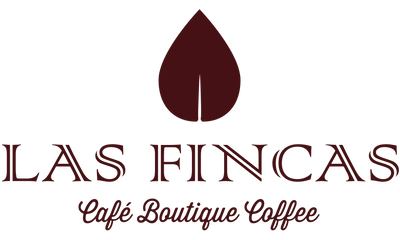Costa Rica Oso Farms Yellow Honey processed Coffee
We are honoured to offer these extraordinary coffee beans produced with the highest passion and with the goal to produce quality at its best. The farm is located in the mountain rainforest of southern Costa Rica. Eric Langford's coffee roots go back to his great uncle Cecil Langford who spent his life growing Blue Mountain coffee in Jamaica. Jenny Vásquez is a 4th generation Costa Rican coffee farmer. Oso farm coffee is shade grown at an altitude of 1250 m.a.s.l. Oso’s best lots are hand-picked and micro-milled the same day, the micro-milling removes the skin while leaving the fruit to be air-dried on raised African beds. Drying the beans with the fruit attached provides the coffee a natural sweetness, this process is called Yellow Honey. When the beans achieve a 10.5% moisture content they are sealed in airtight sacks and left to cure, allowing the moisture to evenly distribute through each bean. This process ensures that all beans are roasted together evenly and consistently. Each step plays a role in maximizing the coffee's flavour potential and giving Oso Farms Coffee a specialty grade cup rating every year.
This 2020-2021 harvest of Red Catuai was given a cup rating of 83 by ICAFE who notoriously give a lower score than other organizations. The variety was introduced to Costa Rica in 1985 and lately we are noticing its renaissance. The best qualities of this coffee are noticeable in a light to medium roast. The cupping notes in the Catuaí variety include: Sweet fragrance and aroma, walnut, almond, citrus and chocolate with a creamy and chocolatey texture. Obatà variety was introduced to Costa Rica in 2014 to give farmers a hybrid coffee plant that could yield substantial quantities of cherries and be resistant to the rust disease that has been attacking coffee tree across Central America. It is a plant that is highly demanding of care and nutrients but capable to produce excellent quality beans. The Oso Farm Obatà variety was also given an 83 scoring points with very similar notes but with an enhanced sweet lemon difference being the result of the farm’s soil, natural fertilizing techniques and the use of fruit trees offering an essential protective shade to the coffee trees.
Chiriqui natives from Panama are invited to stay at the farm every year to pick the coffee at the harvest season. The standard payment is 1,000 colones per cajuela (green box in the photos, holds 4.5 gallons). Eric and Jenny pay the pickers 50% more to encourage them to pick only red ripe fruits. Minor is the farm manager and works with his oldest son Ryan, his wife and 2 sons live in a house provided by Eric and Jenny, they also cover all the expenses for utilities for the family.




